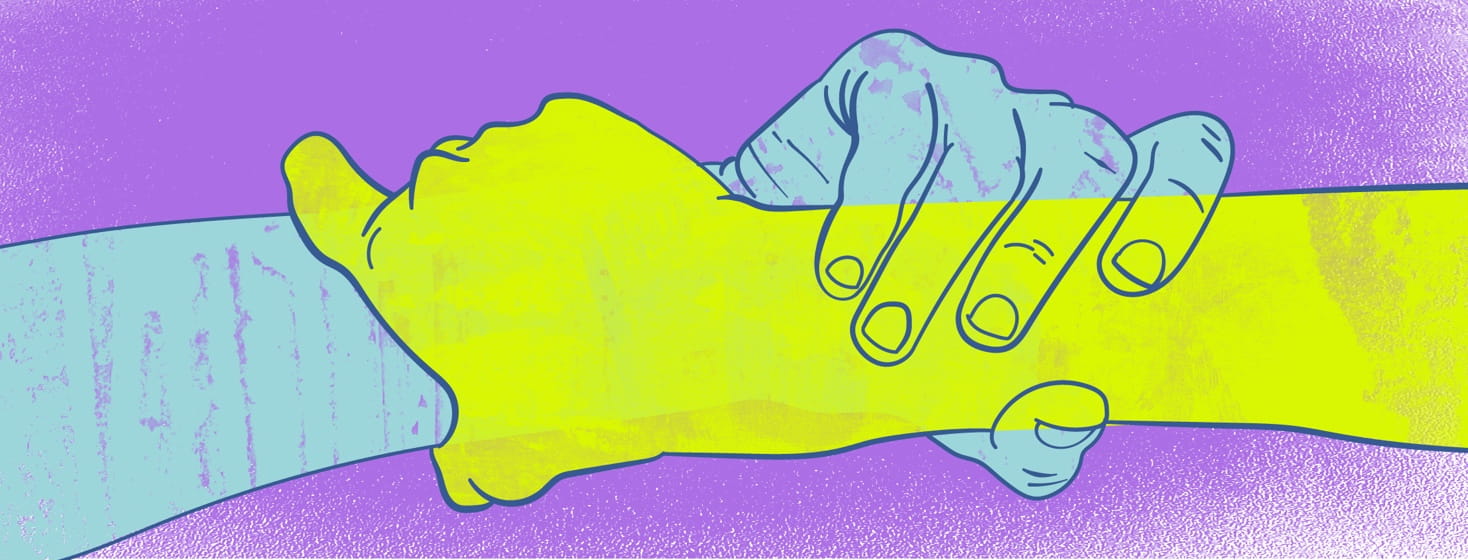My Chronic Illness Buddy Helps Me Cope
Editor's Note: May 13th-18th is Women's Health Week! Join us as we highlight women’s health issues (including endo!), and share messages from strong women across the world.
A few years ago I met a woman who has ulcerative colitis, a condition where the lining of the digestive tract becomes inflamed. The colon can get sores and scar tissue that make eating and expelling food uncomfortable or even life-threatening. There are treatments that can help control symptoms or put the disease in remission, but it has no known cure.
Sound familiar?
Different disease, same frustrations
I didn't really know much about UC before we met. But because people with endometriosis often suffer from gastrointestinal disturbances, she and I share a lot of the same symptoms: gas, bloating, needing to know where the nearest bathroom is most of the time. We openly discussed our digestive woes and our bowel habits almost on a daily basis. Being able to talk about my problems without having to explain how they felt was comforting on a level I didn't know I needed.
While our pain is a little different — I have worse menstrual cramps and she has more intestinal cramping — we both have to deal with the complications that come with a chronic illness: fatigue, uncertainty about flare-ups, the fact that everyone wants us to go ahead and get better.
Even though I don't have UC and she's never experienced endo, we bonded over the complete crappiness of having a chronic illness. We also brainstormed about ways we could tackle our issues going forward, even though our individual plans would be different. Since I found success treating my condition holistically — with food, meditation, and exercise — she told me I helped her understand that she has more control over her body than she'd previously thought. And hope can be a powerful healer.
A common connector
We have cemented our friendship with talks about our fickle digestive system and even shared a bottle of expensive supplements (which led me to the discovery that peppermint gives me reflux). She doesn’t need me to explain why I’m so particular with food or why I get tired a lot. She comprehends this suffering on a visceral level. And we’re eager to discuss new doctors and current treatments, which makes the process seem less lonely and daunting. While my friends and family listen when I tell them about my myriad of issues, she actually makes my symptoms feel more valid. And when I don't feel good, sometimes just feeling understood helps me feel better.

Join the conversation